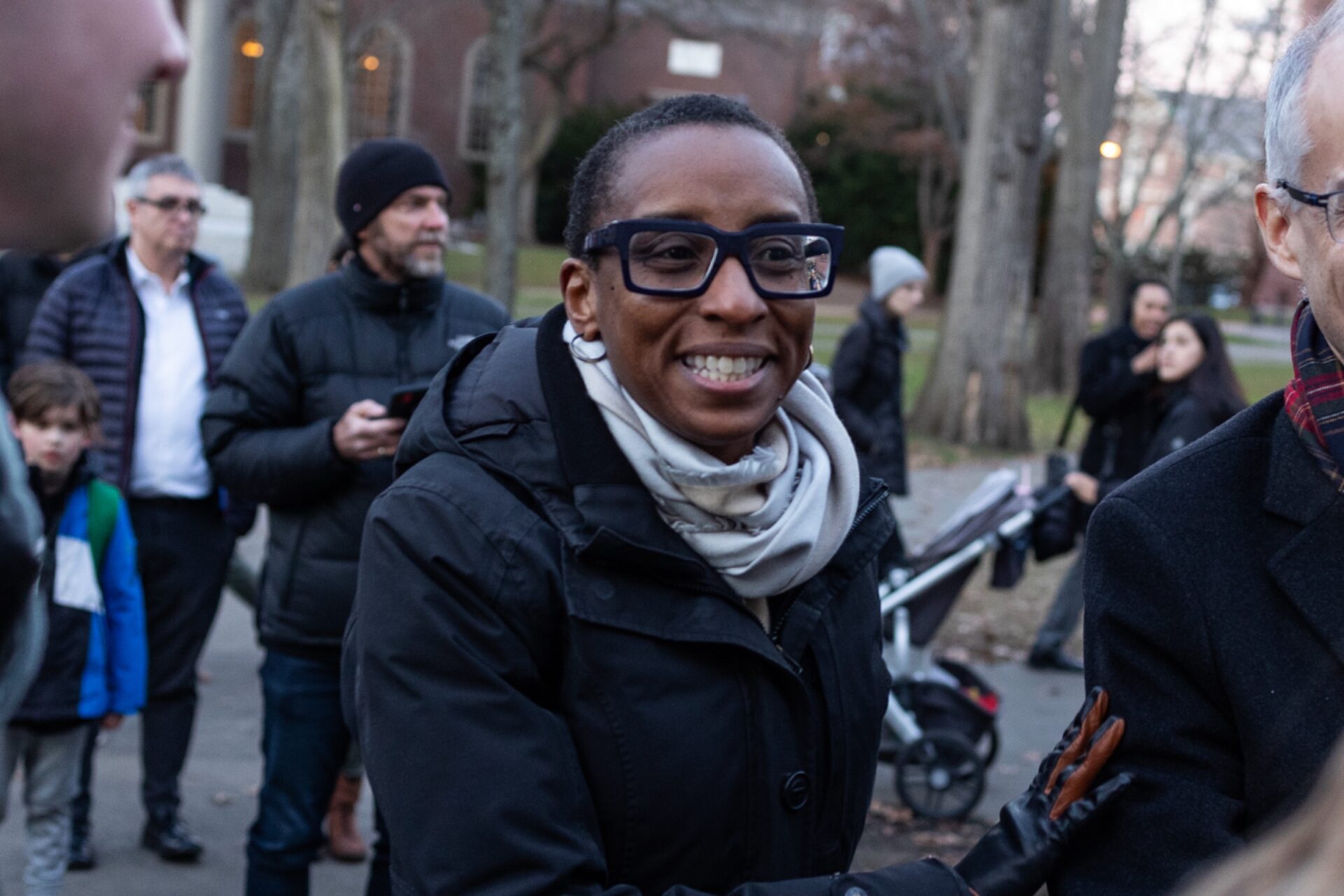
December 28, 2023
Harvard University President Claudine Gay’s 2001 Research Under Scrutiny For Data Analysis Method
Gay's alleged refusal to share her data prevented a full review of the merits of a 2001 paper, which helped her achieve tenure at Stanford.
Harvard University President Claudine Gay’s academic work is facing renewed scrutiny after two professors said publicly that they questioned the data analysis method she used in a 2001 paper.
The professors are Michael C. Herron, professor of Quantitative Social Science at Dartmouth College, and Kenneth W. Shotts, professor of Political Economy at Stanford Graduate School of Business. They claimed to debunk the foundation of Gay’s 2001 study at Stanford University, which concluded that electing Black members of Congress negatively impacts white political involvement and rarely increases engagement among Black people, The New York Post reported.
Herron and Shotts said Gay’s analysis relied on a statistical practice called ecological regression (EI-R), which they have demonstrated leads to “logical inconsistencies.”
Critically, the professors said, “We were, however, unable to scrutinize Gay’s results because she would not release her dataset to us,” The New York Post noted.
The outlet noted the Harvard University president’s alleged refusal to share her data prevented a full review of the merits of Gay’s 2001 paper, which helped her achieve tenure at Stanford.
The scrutiny of Gay’s research began recently when she received backlash for evading questions during Congressional testimony about whether antisemitic chants violated Harvard’s conduct code.
It also follows accusations that Gay plagiarized parts of her academic work, which she has denied. Gay acknowledged failing to properly attribute a source in her 2001 paper and asked for a correction.
But when the media investigated the plagiarism claims, Harvard sent a threatening legal letter denying any wrongdoing by Gay.
The 2001 paper that Gay is now correcting was one of four peer-reviewed articles that supported her tenure at Stanford.
Yet, without access to Gay’s data, the full validity of her conclusions could not be verified, raising concerns about the paper’s merit, the outlet reported.
Despite the serious questions about her research methods, neither Gay nor Stanford have responded to requests for comment on the inconsistencies highlighted in 2002.
RELATED CONTENT: Opinion: Carol Swain Joins The Chorus Of Conservatives Critical Of Claudine Gay